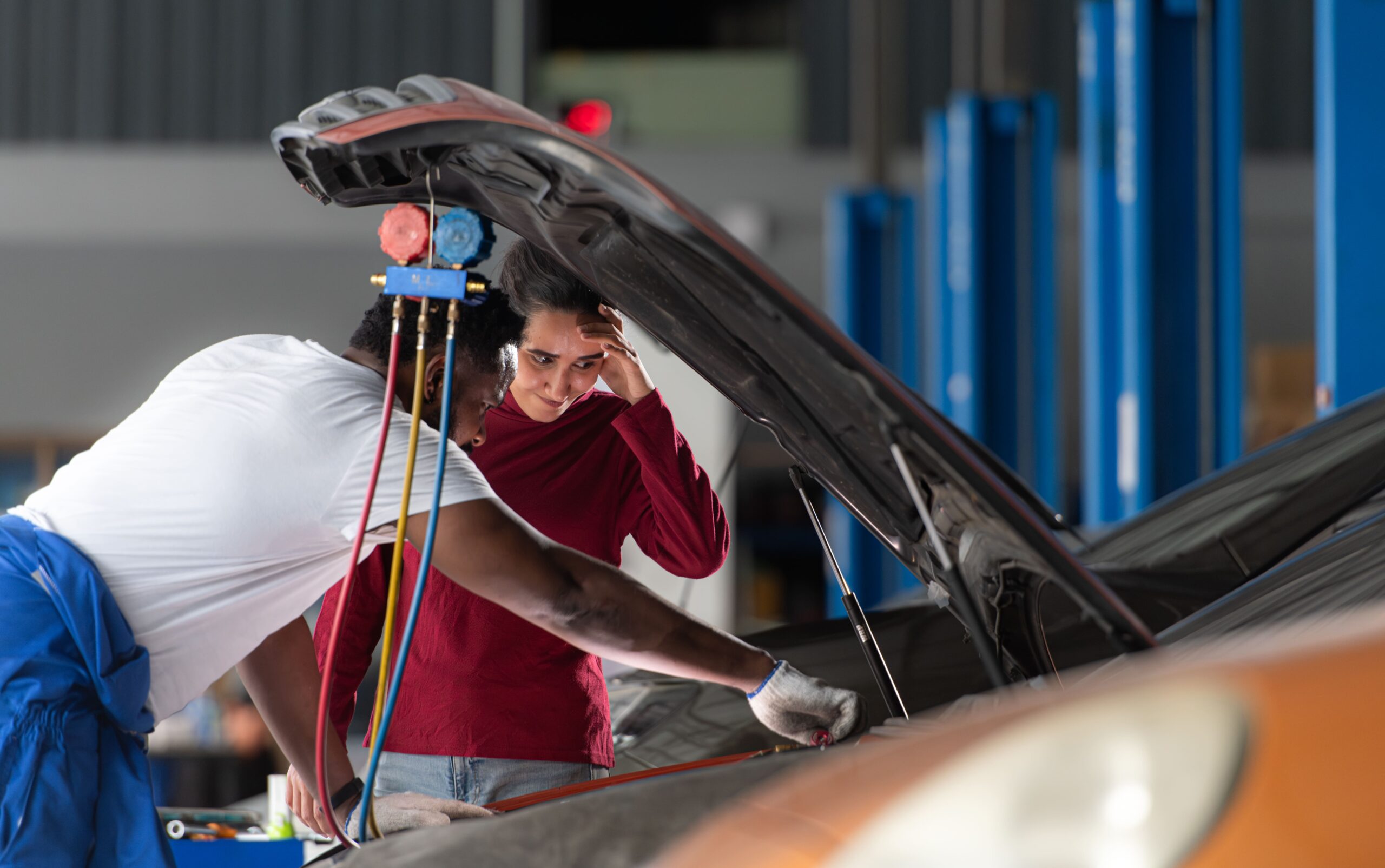Living in coastal areas like South Florida comes with its own set of challenges for vehicle owners, primarily due to the corrosive effects of salt air. The salty, humid environment can accelerate rust and corrosion, affecting various parts of a vehicle. This article aims to discuss these challenges and provide practical advice on protective measures, cleaning routines, and maintenance to mitigate the impact of salt air on cars.
-
Understanding Salt Air Corrosion:
Salt air, prevalent in coastal regions, can cause significant damage to vehicles over time. Salt is a corrosive agent that speeds up the oxidation process, leading to rust. This is particularly concerning for the undercarriage of the car, brake lines, muffler systems, and even the bodywork.
-
Regular and Thorough Cleaning:
One of the most effective ways to combat salt air corrosion is to wash your vehicle regularly. This doesn’t just mean a casual rinse but a thorough cleaning, including the undercarriage. It’s recommended to wash your car every two weeks and more frequently if it’s exposed directly to saltwater spray. Use fresh water and a mild detergent and ensure you rinse off all soap residues to prevent soap from contributing to corrosion.
-
Waxing and Protective Coatings:
Applying a high-quality wax can provide a protective barrier against salt air. Consider waxing your vehicle every three to six months. In addition, protective coatings can be applied to the undercarriage, which is particularly susceptible to salt air corrosion. These coatings can help shield the metal components from direct exposure to corrosive elements.
-
Pay Attention to Brakes and Suspension:
The brakes and suspension are vital for safety and are particularly vulnerable to corrosion. Regular inspections are crucial to ensure they are in good working order. Any signs of rust or corrosion should be addressed immediately by a professional mechanic.
-
Checking for Rust Regularly:
Regularly inspect your vehicle for signs of rust, especially in nooks and crannies where salt and moisture can accumulate. Early detection and treatment of rust spots can prevent them from spreading. This may involve sanding down the affected area and applying rust-inhibiting paint.
-
Protect the Interior:
Salt air can also affect the vehicle’s interior. Use floor mats to protect the flooring and consider using fabric protectors on seats and carpets. Keep windows and doors closed to minimize salt air exposure inside the vehicle.
-
Use a Car Cover:
If you don’t have the luxury of a garage, using a breathable car cover can help protect your vehicle from the harsh coastal environment. Ensure the cover is made of a material that resists humidity and salt.
Conclusion:
Vehicles in coastal areas like South Florida face unique challenges due to the corrosive effects of salt air. By implementing a consistent and thorough maintenance routine, you can significantly reduce these impacts. Regular cleaning, protective coatings, and vigilant inspections for rust are key strategies in preserving the integrity and longevity of your vehicle. Taking these proactive steps can help ensure that your car remains in top condition, even in a salt-air environment.







